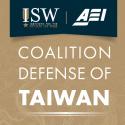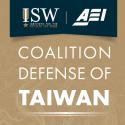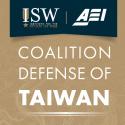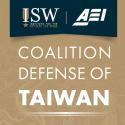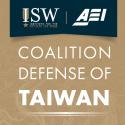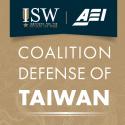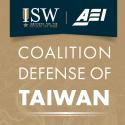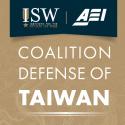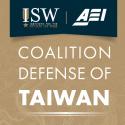China-Taiwan Weekly Update, March 27, 2025
Mar 27, 2025 - ISW Press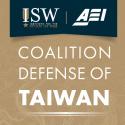
The PRC is continuing to develop its ability to cut undersea cables, which it could use to coerce and isolate Taiwan. A likely PRC-operated vessel entered Taiwanese waters likely in order to refuel other PRC vessels, including those involved in cable-cutting around Taiwan.


